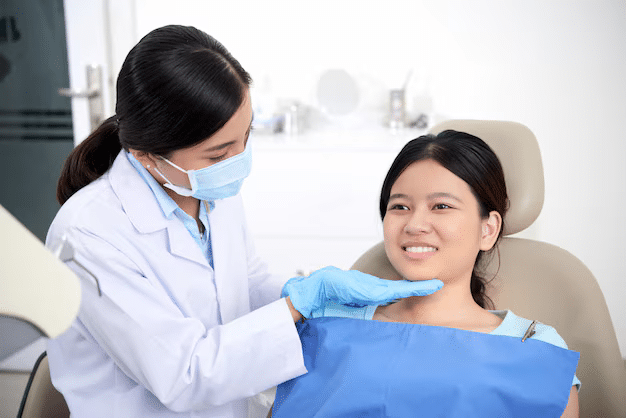Allergy testing is crucial for identifying specific allergens triggering allergic reactions in individuals. There are various methods for allergy testing, including skin prick tests, blood tests (such as specific IgE tests), patch tests, and oral food challenges. Skin prick tests involve introducing small amounts of allergens into the skin to observe reactions, while blood tests measure IgE antibodies in response to allergens. Patch tests are used to diagnose contact dermatitis caused by allergens in substances that come into contact with the skin, while oral food challenges involve ingesting small amounts of suspected food allergens under medical supervision.
Once allergens are identified through testing, treatment strategies can include allergen avoidance, medications to manage symptoms, and allergen immunotherapy. Allergen avoidance involves minimizing exposure to identified allergens through lifestyle modifications, such as removing allergens from the home or avoiding certain foods. Medications like antihistamines, decongestants, corticosteroids, and epinephrine auto-injectors can help alleviate symptoms of allergic reactions.
Allergen immunotherapy, also known as allergy shots or sublingual immunotherapy (SLIT), is a long-term treatment option aimed at desensitizing the immune system to specific allergens. It involves regular injections or under-the-tongue drops containing gradually increasing amounts of the allergen over time. This process helps the immune system build tolerance to the allergen, reducing the severity of allergic reactions.
It’s essential for individuals with allergies to work closely with healthcare professionals to develop a personalized allergy management plan tailored to their specific needs and allergen triggers. Regular follow-ups and monitoring are essential to ensure effective management of allergies and minimize the risk of severe reactions.






